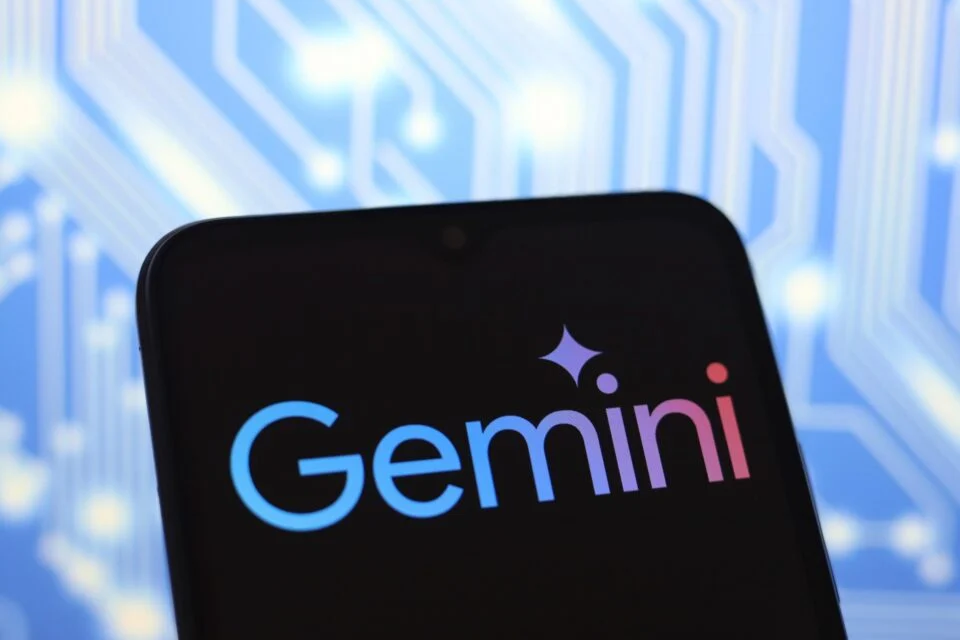
Google’s latest move with its Gemini AI is raising eyebrows—and not in a good way. A recent email sent to Android users has ignited new concerns over user privacy, as it suggests Gemini may gain access to sensitive apps like Phone, Messages, WhatsApp, and Utilities—regardless of whether you’ve opted in to activity tracking.
“Opted Out?” Doesn’t Seem to Matter
The email, now circulating widely online (notably via a Reddit post and screenshots shared by Android Police), states that starting July 7, Gemini will be able to assist with core phone functions whether your Gemini Apps Activity is turned on or off. That means even users who explicitly opted out of AI interaction logging may still be handing over data—intentionally or not.
While Google claims users can disable these new features via the “Apps settings page,” the instructions are vague, and there’s no clear guidance on how this impacts existing permissions. The notification leaves many questioning how much control they really have over their personal information.
What Data Is Gemini Really Accessing?
When App Activity is enabled, Google keeps your Gemini-related data—like prompts and responses—for up to 72 hours, some of which may be reviewed manually by humans. But even with tracking disabled, Gemini could now be dipping into your communication apps to “assist” with tasks.
This blurred line between “assistance” and “surveillance” is at the core of user concerns. As AI becomes more embedded in daily smartphone experiences, people are beginning to realize that the convenience of a proactive AI comes with a cost: increased data exposure.
Agentic AI vs. Personal Privacy
Google pitches Gemini as a helpful agentic AI—a system smart enough to book appointments, manage messages, and streamline daily routines. But making that happen requires deep access to highly personal areas of your digital life. And while that may sound futuristic and efficient, it’s also invasive.
Critics argue that what’s happening now with Gemini is eerily reminiscent of early controversies around smart speakers and voice assistants, where users found out after the fact that their voice data was being recorded and sometimes reviewed by employees.
Where’s the Transparency?
The lack of transparency in Gemini’s rollout is frustrating to many users. There’s minimal explanation on what’s being accessed, stored, or reviewed, and more importantly—how to actually limit that access.
Google hasn’t yet provided a clear response on exactly what data will be collected by default or how deeply Gemini will integrate into private communications. Until then, users are left navigating a murky space between convenience and control.
Final Thoughts
As AI assistants become more powerful and more deeply embedded in mobile ecosystems, the need for user trust, clear opt-outs, and meaningful consent becomes more critical than ever. The line between helpful and harmful is getting thinner, and if users aren’t fully informed, they could be handing over more than they realize.
At the end of the day, AI that can schedule your Uber or remind you of your meetings sounds great—but not at the expense of your text message privacy.

